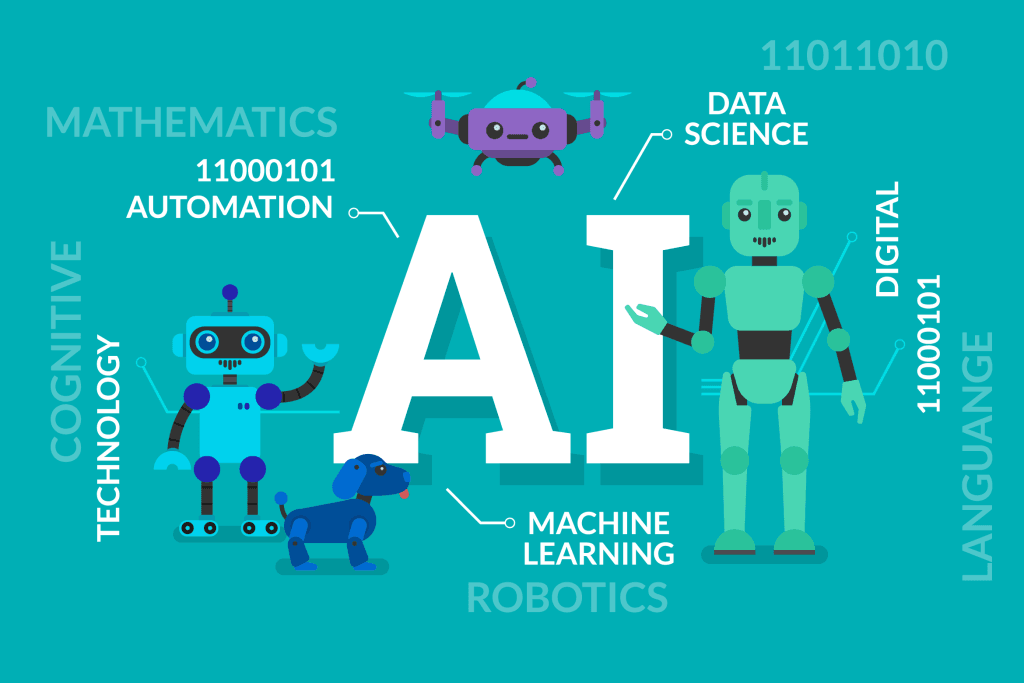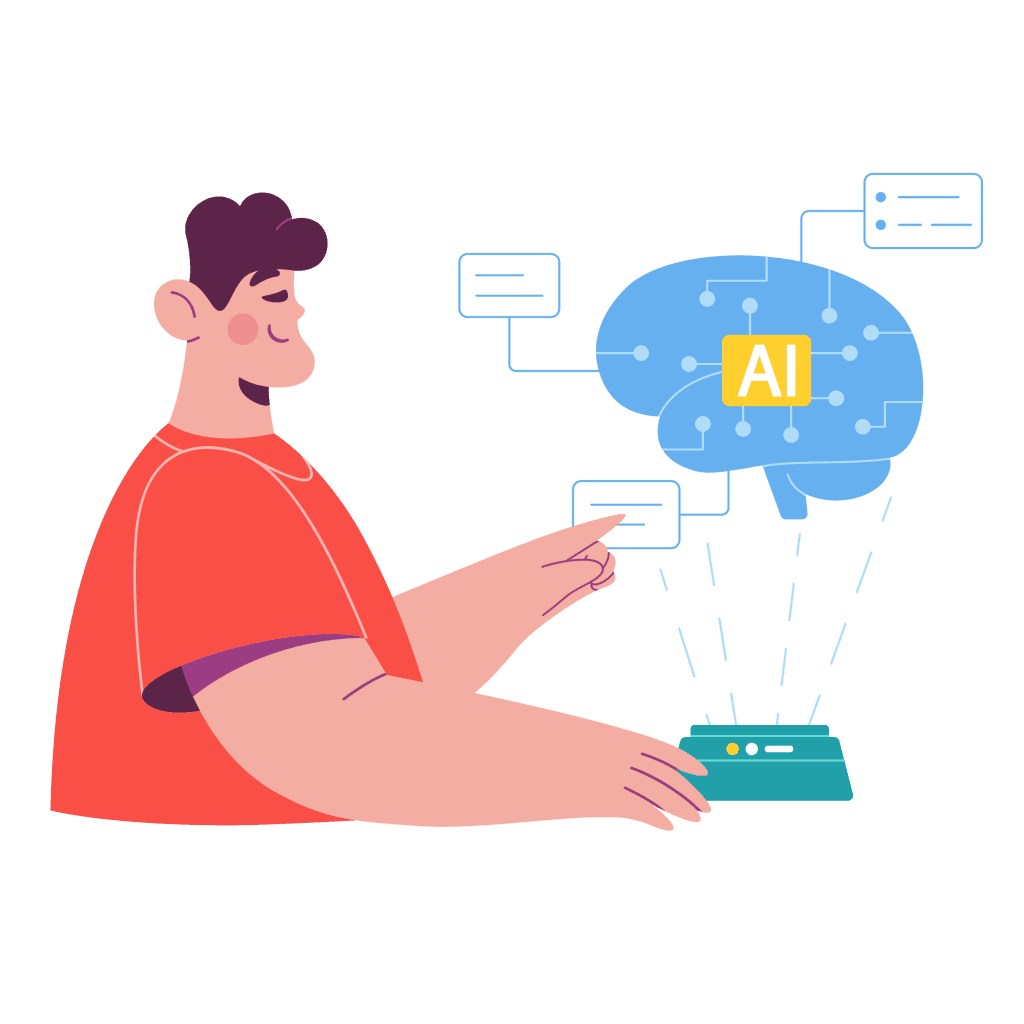Artificial Intelligence (AI) is revolutionizing the way we approach education by offering unparalleled opportunities for personalized learning experiences. By integrating AI into educational systems, educators can create tailored learning environments that cater to the unique needs, learning styles, and abilities of each student. This transformative approach not only enhances student engagement but also fosters deeper understanding and improved outcomes.

Personalized learning is the key to unlocking the full potential of every student. Unlike the traditional “one-size-fits-all” approach, personalized learning recognizes that each individual learns differently and requires unique support to thrive. AI enables this by analyzing vast amounts of data to create detailed profiles of students, allowing educators to tailor their instruction to meet the specific needs of each learner.
Personalized Learning with AI
AI systems can analyze student performance, behavior, and preference data to create individualized learning trajectories. This means that students can control their learning pace, set their own goals, and receive feedback tailored to their specific needs. For instance, if a student struggles with a particular concept, AI can adapt the learning material to provide additional support, ensuring that they can master the subject gradually.
AI-driven learning platforms can gamify the learning process, making it more engaging and enjoyable for students. By incorporating elements of competition and reward, AI can stimulate student interest and motivation, leading to better learning outcomes. Additionally, AI can provide real-time feedback, helping students to reflect on their progress and adjust their strategies accordingly.

AI systems can process vast amounts of data to provide meaningful, real-time feedback to students. This feedback is not only timely but also accurate, helping students to identify areas for improvement and adjust their learning strategies accordingly. AI can also analyze student performance in assessments and suggest ways to improve, ensuring that students receive targeted support to overcome their weaknesses.
The integration of AI in education prepares students for the digital future by teaching them essential skills such as critical thinking, problem-solving, and collaboration. By interacting with AI-driven learning platforms, students develop the digital literacy and competencies they need to succeed in the 21st century workforce.
To effectively leverage AI in personalized learning, educators must engage in ongoing professional development. This includes attending workshops, webinars, and collaborating with tech-savvy colleagues to share experiences and strategies. By continuously learning and improving their AI integration skills, educators can ensure that they are providing their students with the most effective and engaging learning experiences possible.
Conclusion
AI is transforming the landscape of education by offering personalized learning experiences that cater to the unique needs of each student. By integrating AI into educational systems, educators can create dynamic and inclusive learning environments that foster deeper understanding, enhance student engagement, and prepare students for the digital future. As we move forward, it is crucial that educators continue to develop their skills and adapt to the evolving role of AI in education, ensuring that every student has the opportunity to reach their full potential.
- Personalized learning acknowledges individual learning differences and provides unique support tailored to each student.
- AI creates detailed student profiles by analyzing vast amounts of data, allowing educators to customize instruction for each learner.
- AI-driven systems enable individualized learning trajectories, allowing students to control their pace, set goals, and receive tailored feedback.
- AI can adapt learning materials for students struggling with specific concepts, providing additional support for mastery.
- Gamification of learning through AI increases engagement and motivation by incorporating elements of competition and reward.
- AI provides real-time, accurate feedback to help students identify areas for improvement and adjust their learning strategies.
- AI prepares students for the digital future by teaching critical thinking, problem-solving, and collaboration skills.
- Ongoing professional development is crucial for educators to effectively integrate AI into personalized learning, ensuring they provide the best learning experiences.
How can you start integrating AI-driven personalized learning in your classroom to better support each student’s unique needs?

